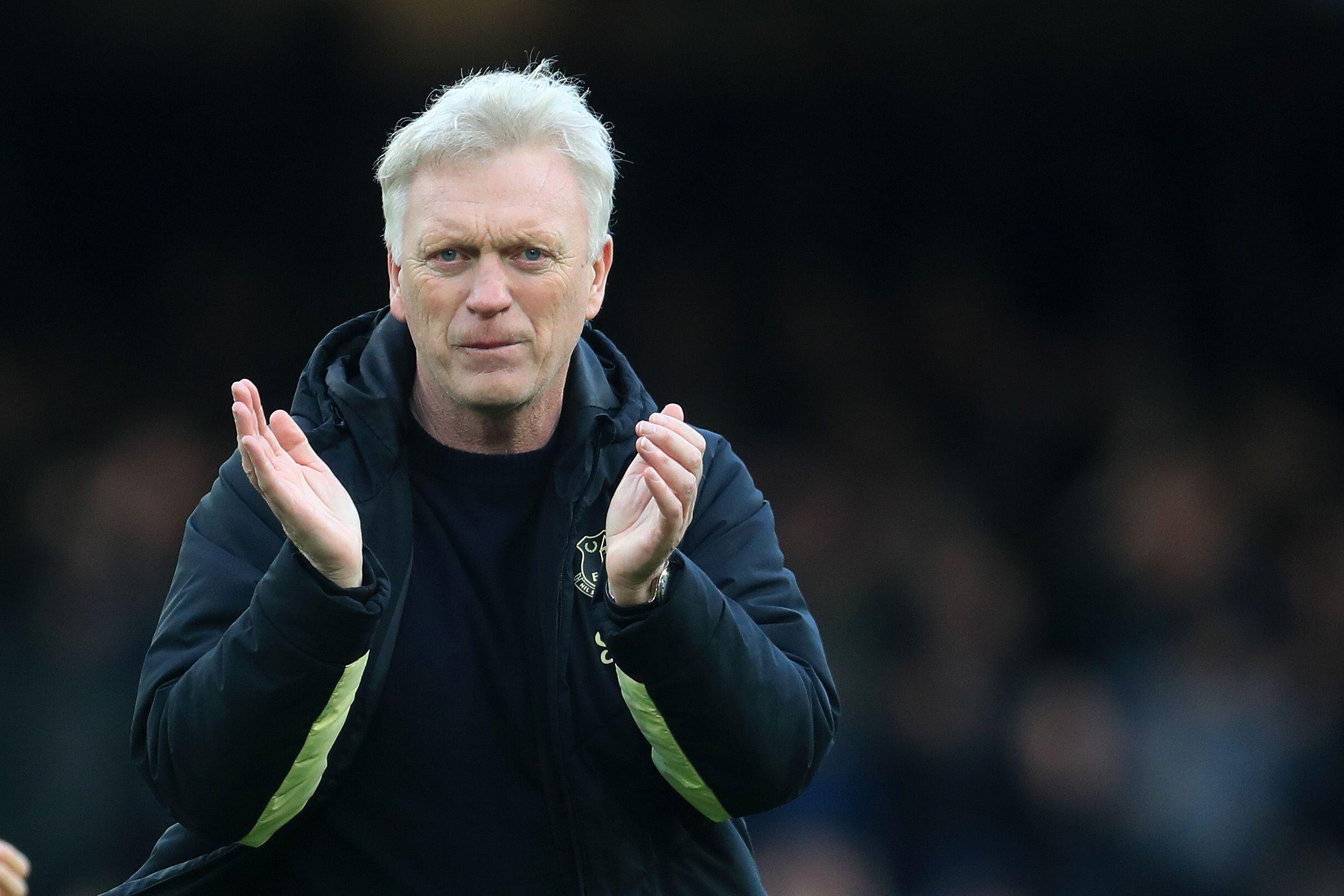FIFA rejects criticism of Women’s World Cup ticketing plan despite empty seats
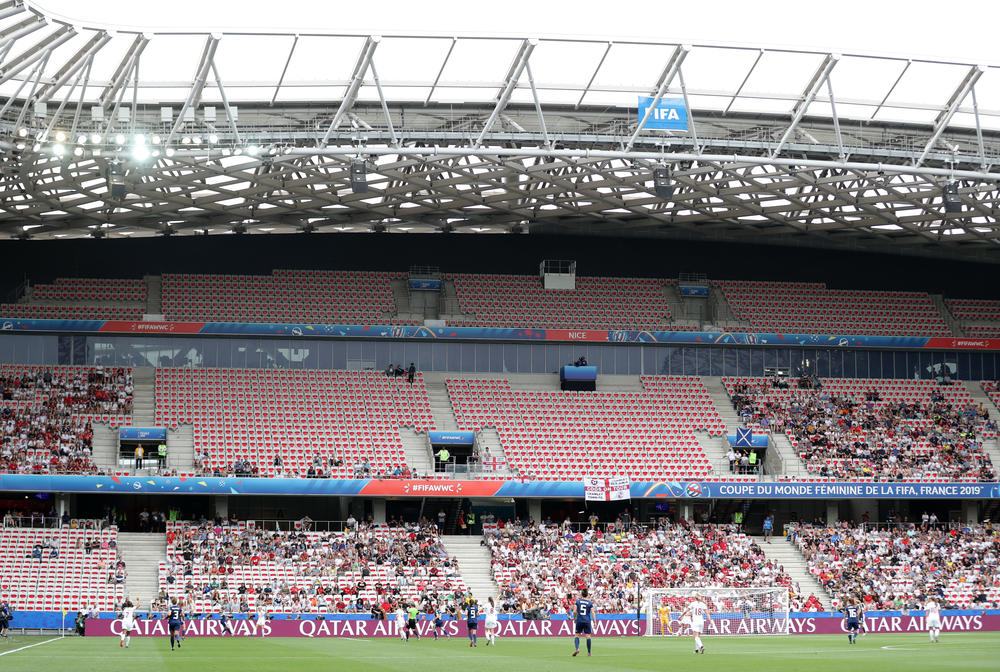
World football’s governing body FIFA has defended its ticketing policy at the 2019 Women’s World Cup despite seeing average attendances at the first nine games of less than two-thirds of stadium capacity.
So far there have been only two sold-out matches: the opener in Paris between hosts France and Korea, and between Brazil and Jamaica at the tournament’s smallest ground in Grenoble.
The Australia-Italy match in Valenciennes was two thirds full, with a crowd of 15,380, but the games at Le Havre, Montpelier, Reims and Rennes have been about half full.
England’s game against Scotland in Nice attracted only 13,188 fans at the 35,100-capacity Allianz Arena.
The overall attendance for the nine games is 165,647, or 64 per cent of a total capacity of 259,300.
#FIFAWWC— FIFA Women's World Cup (@FIFAWWC) June 11, 2019
Last week, FIFA president Gianni Infantino told reporters in Paris that “20 matches or so” had been sold out and “the fever is coming” to France, particularly in the host cities beyond Paris.
This was in response to a question about the lack of visible publicity for the event in Paris, which was still promoting the World Rugby Sevens Series at its main airport and the French Open on the Champs-Elysees and Metro.
The best features, fun and footballing quizzes, straight to your inbox every week.
Nobody challenged Infantino at the time, largely because it seemed to tally with a tweet from FIFA’s official account in May that said tickets were only still available for a “few matches”.
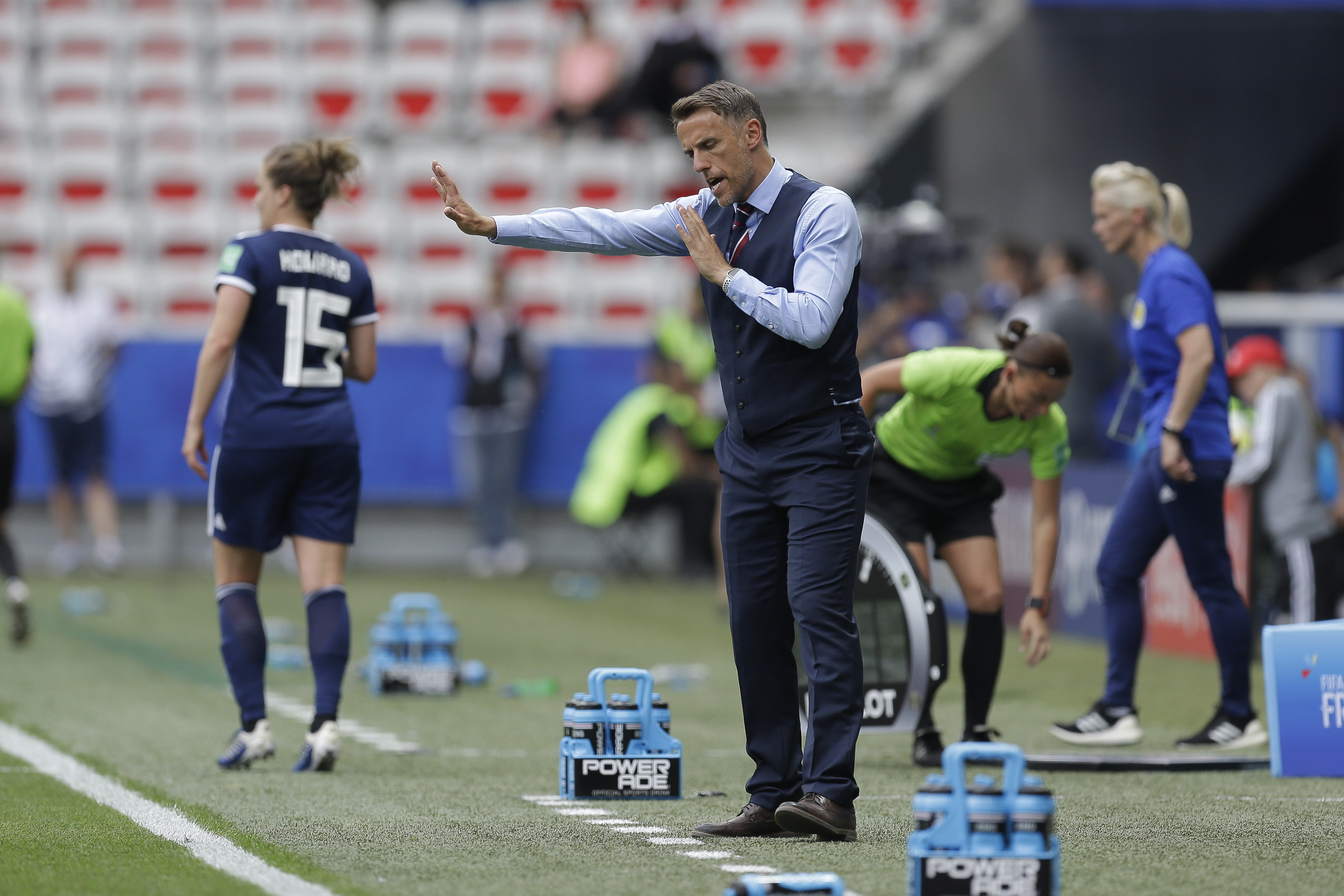
On Tuesday, FIFA issued a press release to say it had “reached an important milestone with over one million tickets having now been allocated to fans worldwide”.
It also said 14 of the 52 matches, not 20, are sold out, including all of the group-stage matches involving France and those of defending champions the United States.
There are, however, tickets available for all of the round-of-16 games and three of the quarter-finals, although the quarter-final in Paris and the two semi-finals and final, which are being held at the 57,900-capacity Stade de Lyon, are sold out.
In total, there should be more than 200,000 tickets still available, as 1.3million were put up for sale last September but 93,653 went unsold from the first nine games.
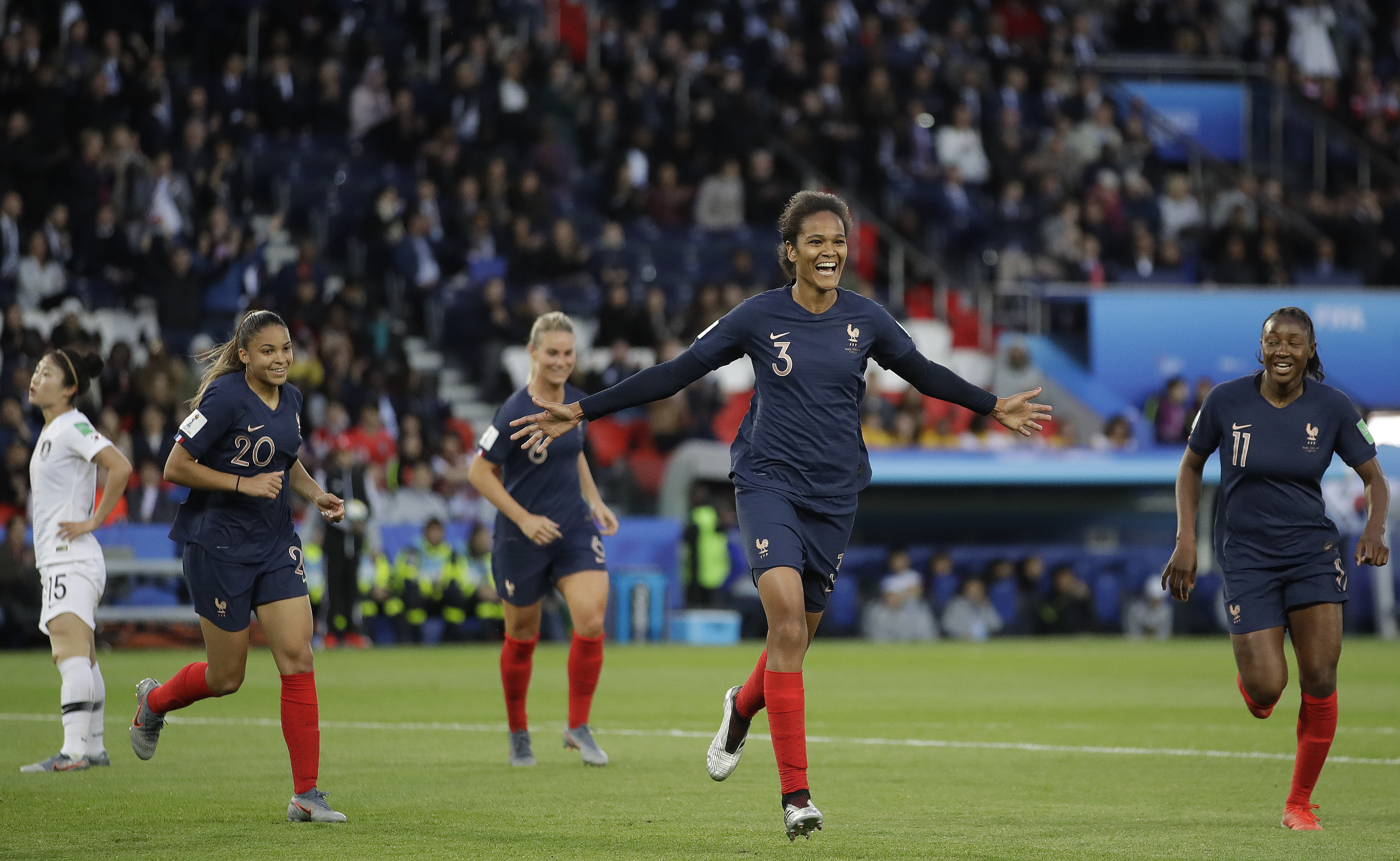
Asked by Press Association Sport if it had any second thoughts about its pricing policy for the tournament, a FIFA spokesperson said: “The approach is based on a competitive pricing policy, with ticket prices starting at just under nine euros (£8) as part of a special 25-euro package (£22) allowing fans to attend three matches.”
The sales process started on September 19 when city-specific packages were made available to fans from the nine host cities and the “football family”, clubs, leagues and so on.
In October, these packages were put on general sale and then, in December, fans with cards supplied by FIFA sponsor VISA were allowed to buy tickets for single games. The process was not opened up to everyone until earlier this year.
In terms of tickets for England and Scotland games, there are seats available for their four remaining group-stage matches.
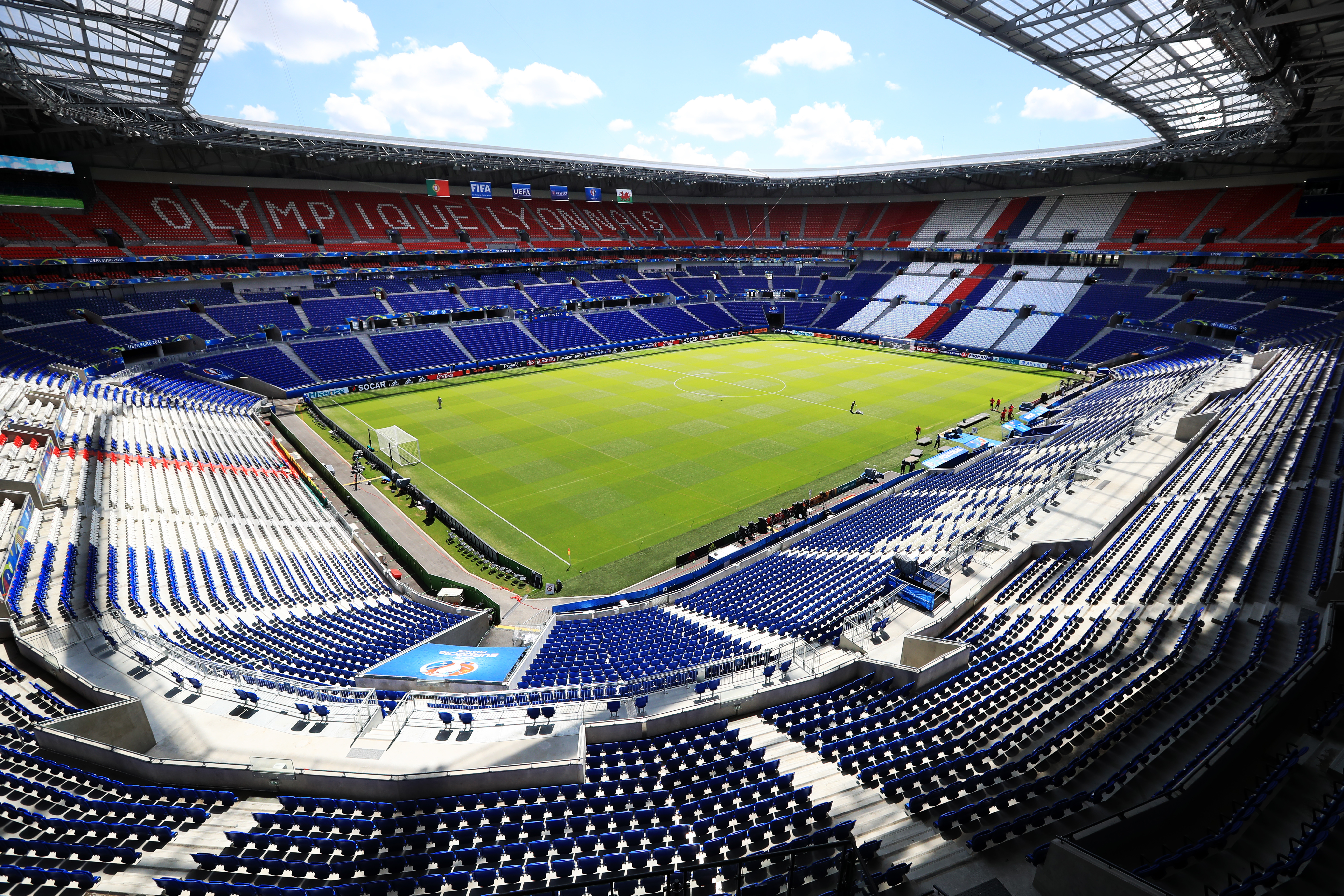
For both of Scotland’s games, against Japan on Friday and Argentina on June 19, prices range from £8 to £27, with the same prices available for England’s game against Japan in Nice on June 19.
Tickets in the two cheapest categories, however, have sold out for the Lionesses’ next game against Argentina in Le Havre on Friday, with seats available at £20 and £27.
Should England progress as group winners, there are tickets on sale for their round-of-16 game at Valenciennes on June 23 and their possible quarter-final in Le Havre on June 27.
There are also seats available for as little as £12 for the first knockout game that Group D’s runner-up would play in Rennes on June 25 and the round-of-16 match that the group’s third-placed team might reach on June 22 in Grenoble.
FourFourTwo was launched in 1994 on the back of a World Cup that England hadn’t even qualified for. It was an act of madness… but it somehow worked out. Our mission is to offer our intelligent, international audience access to the game’s biggest names, insightful analysis... and a bit of a giggle. We unashamedly love this game and we hope that our coverage reflects that.
 Join The Club
Join The Club






